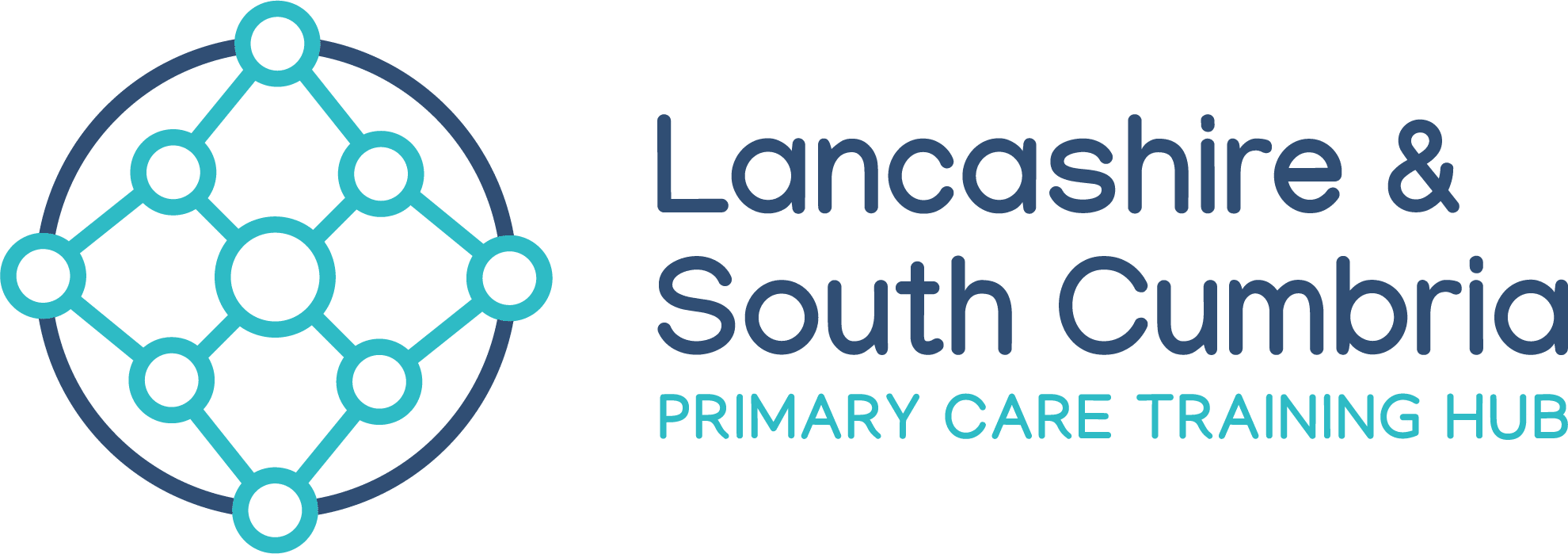FREE TRAINING RESOURCES
E-Modules
This free course, Modern slavery, is designed to develop an understanding of the international system of human rights protection in relation to modern slavery, but also encourage an appreciation of the influence of International Human Rights Law on the development of the domestic system of human rights protection. To access this course click this link.
This free course introduces you to the benefits and complexities of developing and supporting a diverse and inclusive workforce. It explores the positive impact of diversity on staff wellbeing and innovation within an organisation, enhancing a company’s competitive advantage and aligning with its social responsibilities. You can access this course via this link.
Human rights now seem to take precedent over many areas of our lives, but where do these rights come from and how did they develop? This free course, Human Rights and the Law, looks at the impact of the European Convention on Human Rights and its influence on law in the Uk and examines the Human Rights Act 1998. To access this course, click on this link.
Birth is a lottery. Where, when and to whom you are born and the society into which you are born will influence your life chances.
This free online course will look at both the big picture of the ‘lottery of birth’ and the smaller, human stories. You will examine the inequalities of birth, particularly being born rich or poor and being born female or male.
To access this course click this link
In this short course, Diversity in religion: Islam, you will explore how attitudes and opinions within a single religious tradition can be internally diverse. You will look at Islam in particular, considering the diversity of Muslim attitudes to same-sex relationships.
To access this course click here
This free course, Religious diversity: rethinking religion, introduces you to a selection of the vast variety of religious beliefs and practices in Britain today.
Click here to access this course.
In this free course, Assistive technologies and online learning, you will explore some of the technology that disabled students use when accessing computers. We will take a look at the tools and techniques that make it possible for disabled students to engage with online learning.
In this free course, Exploring learning disabilities: supporting belonging, you will hear from many different people about what it is like to have the label ‘learning disability’, and how it feels to support someone with a learning disability, as a family member, a friend, an advocate or a paid worker. These human stories will lead you into some of the complex moral, ethical and practical debates learning disability gives rise to.
Click here to read more.
This free course, Working with diversity in services for children and young people, will provide you with an understanding of the ways in which diverse and intersecting social identities structure the lives and experiences of children and young people, and the implications of those identities for professional practice.
Exploring issues in women’s health, will introduce social model approaches to health and wellbeing, which take as their starting point not the scientific context of the body, but the social context in which women live. The focus is on women and the impact of social and cultural factors on women’s health. The course touches on various issues concerning women’s health, such as abortion, periods, the menopause, mental health and fertility.
Engendering citizenship, examines social citizenship; with particular reference to women and disabled people, you will look at the rights and obligations that develop within society to link people together.
Population ageing: a global health crisis?, focuses on two major issues of our time – ageing societies and global health. It provides you with an introduction to ageing societies and their implications for global health – implications which are only just beginning to be fully understood. The course will help you to deepen your understanding of ageing societies across the globe and the different components of the concept of global health. You will also explore the ways in which population ageing is often framed as a crisis and begin to develop your own ideas about the implications of population ageing.
You might think that knowing about country facts or differences between cultures is the key to being interculturally competent – but that is in fact only a small piece of the puzzle! Intercultural competence is an umbrella term for a range of qualities, attitudes and skills that allow you to mediate and communicate appropriately and effectively with people from different backgrounds in your native or in a foreign language.
Race is not biological. It is a social construction. Yet we know that in our contemporary world and in history, this construction has real consequences. From enslavement and colonisation to resistance and revolution, the stories of people of colour are often left untold in accounts of the past. This free course, Historical perspectives on race, will introduce you to ideas and scholarship dealing with the construction of race, and help you to start exploring people’s lived experiences of race through a set of case studies from the late eighteenth century onwards.
Understanding economic inequality, explores the causes of economic inequality in modern times and its consequences for success for the economy. The course will encourage you to reflect on your personal experiences of inequality before looking at how the issue is approached in economics.
Introducing healthcare improvement, explores quality improvement in healthcare settings. It begins by defining healthcare quality and describing the meaning of quality improvement in healthcare. You will also learn about the different dimensions of quality and the broad aims of healthcare improvement. The course will help you better understand how and why we seek to improve healthcare quality.
This free course, Introducing public health, presents some key elements of public health and health promotion. It considers the scope and focus of public health and how it is subject to change and located within the wider global context.


